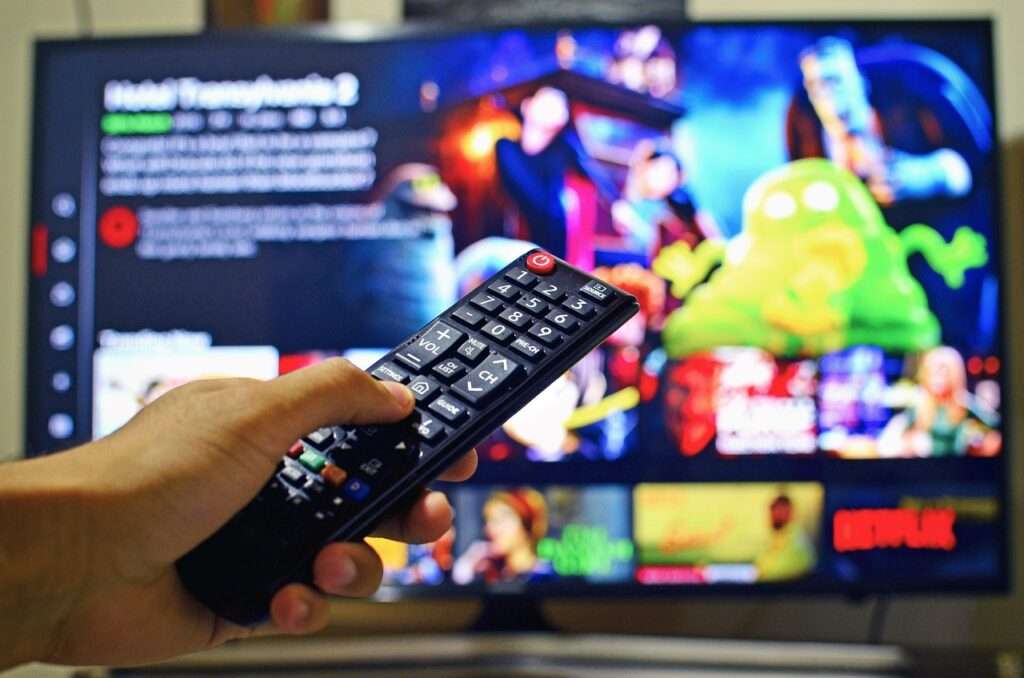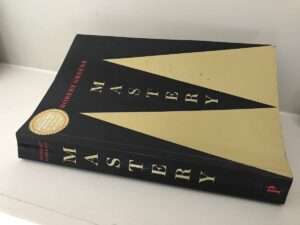The Eternal Debate: TV vs Books – Finding the Perfect Balance


Introduction
In the age-old debate of TV versus books, enthusiasts on both sides passionately defend their preferred form of entertainment. Each medium has its unique advantages and drawbacks, catering to diverse tastes and preferences. Let’s explore the timeless clash between the captivating world of television and the immersive realm of books, acknowledging the merits of each while considering the balance that can enrich our lives.
The Visual Feast of Television:
Television, with its dynamic visuals and audio, offers a sensory extravaganza. From epic landscapes to intricate character expressions, TV has the power to transport audiences into a vivid and engaging narrative. The convenience of consuming content through various streaming platforms has made it an accessible and popular choice for many.
Pros:
- Visual Impact: Stunning cinematography and special effects bring stories to life in a way that books cannot.
- Convenience: Easily accessible through various devices, making it a convenient choice for those with limited time.
Cons:
- Passive Consumption: Watching TV can be a passive experience, with viewers absorbing content without actively engaging their imagination.
- Limited Imagination: While visuals are powerful, they may limit the viewer’s ability to imagine and interpret the story independently.
The Intimate Journey of Reading:
Books, on the other hand, invite readers to embark on a personal and intimate journey of the mind. The written word stimulates imagination, allowing readers to create their own mental images and interpretations of the narrative. The power of words is unparalleled in fostering a deep connection between the reader and the story.
Pros:
- Immersive Imagination: Reading engages the mind, prompting readers to envision characters and settings through their unique perspectives.
- Cognitive Benefits: Reading enhances vocabulary, comprehension, and critical thinking skills, contributing to cognitive development
Cons:
- Time-Consuming: Reading often requires more time and concentration than watching TV, making it a challenge for those with busy schedules.
- Subjective Enjoyment: Personal preferences in writing style and genre can significantly impact the enjoyment of a book.
Striking the Balance:
Rather than pitting TV against books, finding a balance between the two can offer a well-rounded and enriching entertainment experience. Combining the visual allure of television with the mental stimulation of reading allows individuals to enjoy the best of both worlds.
- Diversify Content: Mix genres and formats to keep entertainment fresh and engaging.
- Set Limits: Allocate specific times for both TV and reading to maintain a healthy balance.
- Book-to-Screen Adaptations: Explore books that have been adapted into TV series or movies to bridge the gap between the two mediums.
Conclusion:
In the perpetual debate of TV versus books, the answer lies in recognizing the unique strengths of each medium and embracing a balanced approach. Whether you prefer the cinematic allure of television or the literary charm of books, the key is to enjoy the journey, appreciating the diverse ways in which stories can captivate our hearts and minds.


